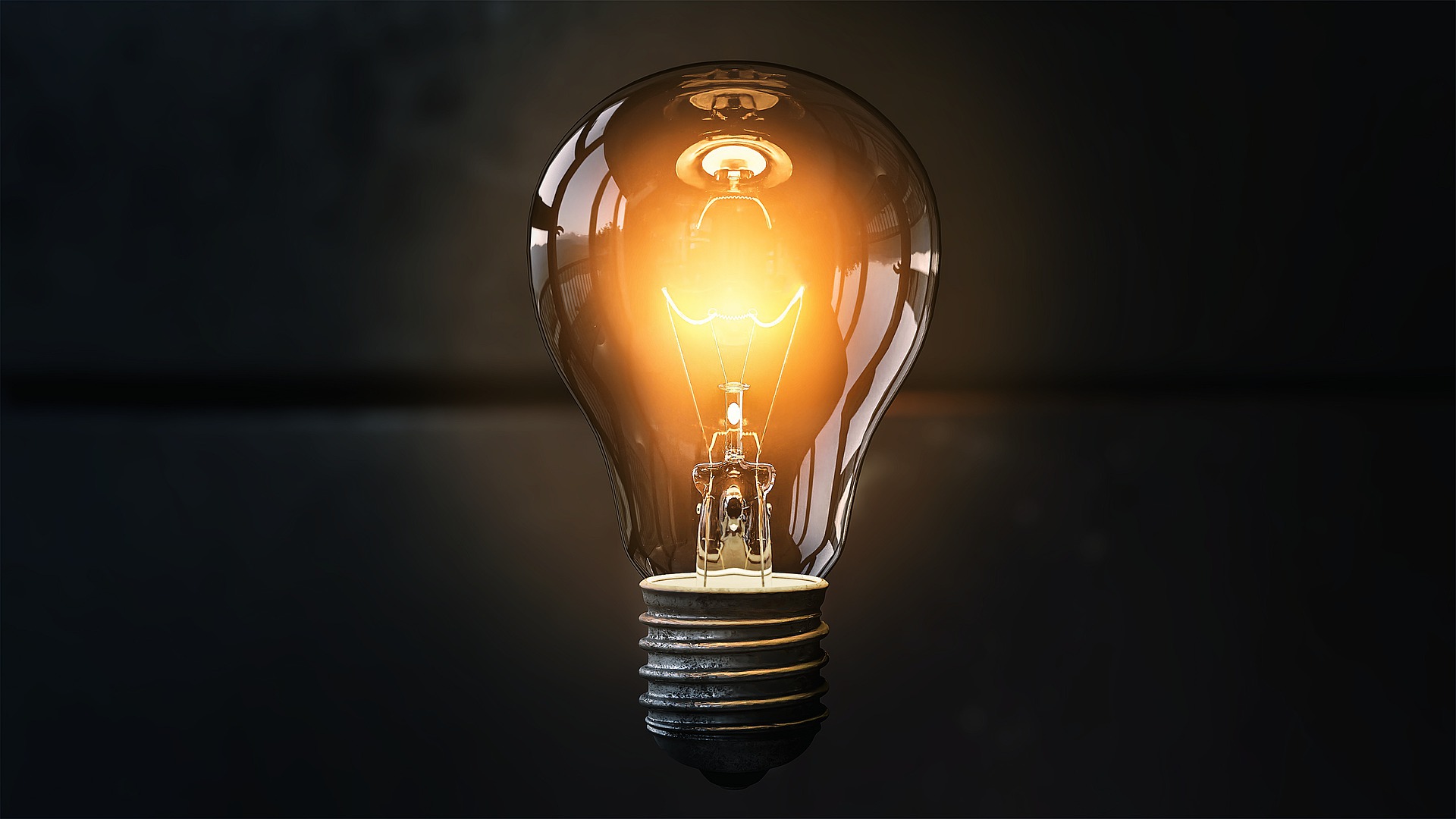
The Yearning for Something More
- By David Aden --
- 13 Mar 2020 --
 Recently, I listened to a streaming radio station dedicated to singer-songwriters. Jackson Brown, Bonnie Raitt, James Taylor, Paul Simon, Joni Mitchell — all artists I’d enjoyed in my youth, all musicians whose early work has aged well, all performers who had important things to say.
Recently, I listened to a streaming radio station dedicated to singer-songwriters. Jackson Brown, Bonnie Raitt, James Taylor, Paul Simon, Joni Mitchell — all artists I’d enjoyed in my youth, all musicians whose early work has aged well, all performers who had important things to say.
Something struck me anew about those older songs, the ones I loved in my teen years. Many express a yearning, a desire for something more, a sometimes melancholy look back at what might have been, fused with the hope of a better tomorrow.
Those feelings resonated for me as I was growing up: that indistinct reach towards something lost, something I wanted, something I hoped to find. And I wasn’t alone.
Or course, that aesthetic didn’t confine itself to mere a personal yen. It also embraced the state of the world and embodied the idea that things could be better, with it came the sense that a brighter, less violent, happier future beckoned. How we were to get there wasn’t clear, but an important requisite step had been taken — coming up to an awareness that something was amiss and maybe, just maybe, something could be done about it.
I’ve heard it said about that period that drugs were a defining part of it, and some seem to have credited drugs with stimulating our shared sense of direction and higher purpose. I suspect that idea was promoted by those who wanted to sell more drugs because it clearly didn’t match my reality, nor the reality I saw in those around me.
For me it wasn’t until I took my first course in Scientology and the course instructor said “you can’t do any drugs while on this course — is that going to be a problem for you?” that I’d even heard someone talk simply and directly about drugs.
As I progressed in that course and my subsequent studies, I found out why it was necessary to avoid drugs while studying Scientology. In brief, it is because Scientology wakes students up to the world around them, a result diametrically opposed to the effect of drugs. Over the years, Scientology has helped me achieve a better, more complete understanding of the devastating effects drugs have on one’s life, dreams and ability to execute on plans.
Drugs don’t inspire, they stifle; they don’t propel to action, they muffle; they don’t clarify, they obfuscate.
My growing understanding of the effect of drugs isn’t singular. In the world at large Scientology and Scientologists have consistently educated children and adults alike about the dangers and dead-ends that attend drug abuse. Even more important, the Church has routinely gone about the business of helping individuals to undo the damage drugs wreak.
Of course that message isn’t met with universal acclaim. In my own life, there was at least one person who wasn’t too keen on seeing me wake up. And it should come as no surprise that among the relatively few who bitterly deride Scientology, a significant number are associated with personal or professional drug interests or use.
Pharmaceutical companies, drug dealers and pill-pushing psychiatrists all have a strong, vested interest in convincing us that their drugs will solve any problem and make every life bearable, better or happier. They are, of course, lying. And they don’t countenance anyone who has the fortitude to cry foul.
We often hear in the news about those who are laid low or killed by addiction, but the reality is that one doesn’t have to be completely enslaved or to die before drugs put the brakes on life. It’s just a matter of how stopped do you have to be to notice you’re been stopped?
For my friends and me, drugs didn’t expand life or opportunities or achievements. Despite any PR to the contrary I’m sure drugs had the same effect on the sparks of life reflected in the music of the time. The popularized narrative that drugs somehow contributed to the awakening of the 60’s got it all wrong.
Drugs didn’t spark the yearning for something more. They killed it.


















